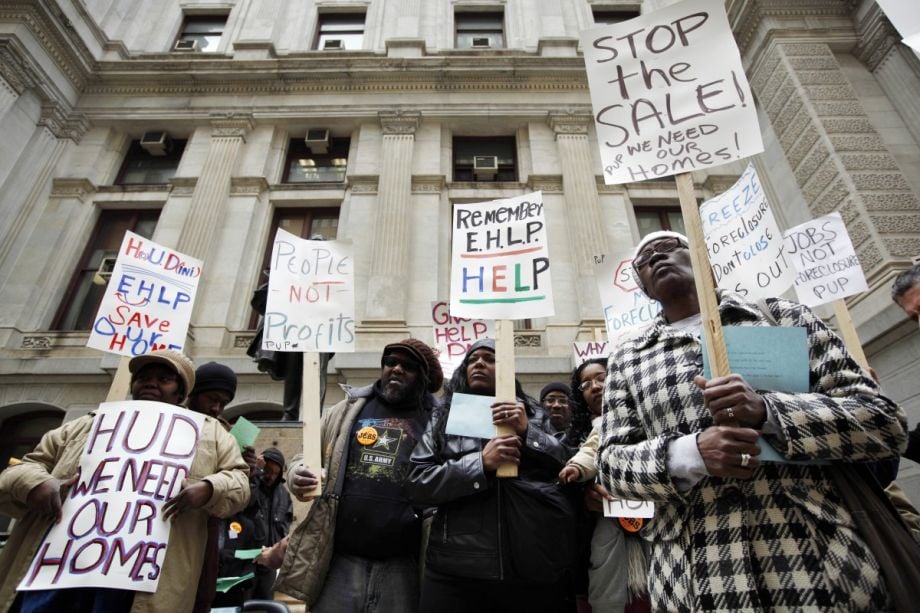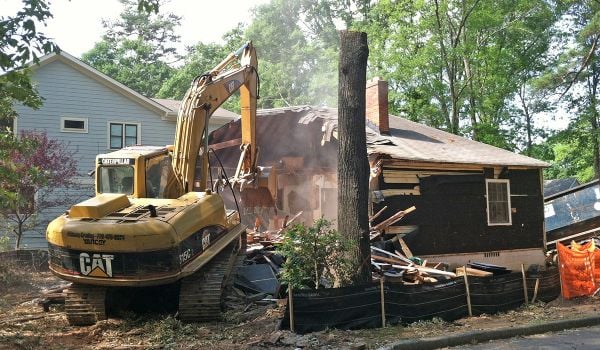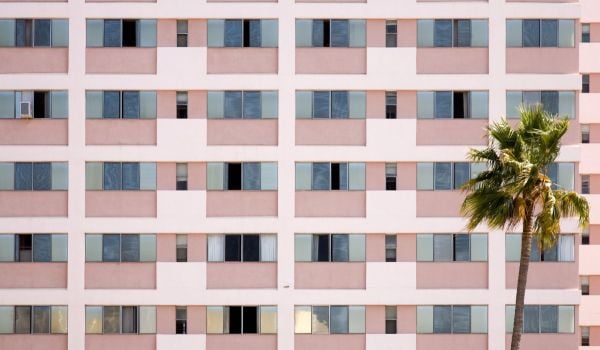In cities all across America, neighborhoods are gentrifying and rising home prices and rents make it difficult for low- and moderate-income residents to find places to live or remain in their homes. Meanwhile, in many of these same cities, other neighborhoods remain plagued by blight and abandoned properties that could be returned to productive use, easing the affordability crisis at the same time. Governments and non-profit organizations have developed a variety of strategies to preserve housing affordability for those most affected by gentrification and revive distressed communities. While New York City and San Francisco’s sky-high prices mean they often get the most attention when it comes to addressing affordable housing, here are four ways other governments are trying to ensure their cities are equitable.
Penny for Affordable Housing Fund, Fairfax County, Va.
Fairfax County, Va., one of the most affluent suburban jurisdictions in the Greater Washington area, created a fund to preserve affordable housing in the county in 2006. The Penny for Affordable Housing Fund, so named because its revenue comes from a one-cent share of the county’s property tax rate, provides assistance for builders, households and non-profit agencies working to create affordable housing or provide rent subsidies to lower-income families in the county. The county’s goals, as laid out in a 2010 “Housing Blueprint,” include providing sufficient workforce housing to meet projected job growth and cutting the waiting lists for affordable housing by half in 10 years.
Missouri Affordable Housing Assistance Program
This statewide initiative in the Show Me State offers a tax credit of up to 55 percent of the value of donations to non-profit community-based organizations engaged in either the production of affordable housing or in offering assistance to those in need of affordable housing. The fund also offers credits for donations to groups producing market-rate housing in distressed communities. The donations can take the form of cash, financial assets, services, or real or personal property.
Longtime Owner Occupants Program (PHL Tax LOOP), Philadelphia, Pa.
The City of Philadelphia offers homeowners in neighborhoods where rising property values have caused property taxes to jump tax relief through a 10-year reduction in property taxes. To qualify for the tax break, residents must have owned and lived in their home for at least 10 years. Owners of single-family homes and multi-family homes with no more than three dwelling units and one commercial unit may receive the discount.
Chicago Community Loan Fund, Chicago, Ill.
This non-profit organization has as its mission the revitalization of distressed city neighborhoods and suburban communities in metropolitan Chicago through low-cost financing and technical assistance to community organizations seeking to redevelop blighted properties. Among the loans the fund offers are loans for pre-construction and construction costs for both new development and rehabilitation projects, mortgages for limited-equity and low-income housing cooperatives, and loans for small-scale developers, both non-profit and for-profit, to acquire, rehabilitate, and run small (one to four units) residential buildings in communities that have been hit hard by foreclosures.
On December 3, 2014, Next City will host a free event in Philadelphia, “Gentrification, Integration and Equity,” during which we’ll discuss how Philadelphia and other cities are addressing how to create a more economically integrated, accessible and livable city for all. Register here to join us.

Next City contributor Sandy Smith is the home and real estate editor at Philadelphia magazine. Over the years, his work has appeared in Hidden City Philadelphia, the Philadelphia Inquirer and other local and regional publications. His interest in cities stretches back to his youth in Kansas City, and his career in journalism and media relations extends back that far as well.
Follow Sandy .(JavaScript must be enabled to view this email address)
















